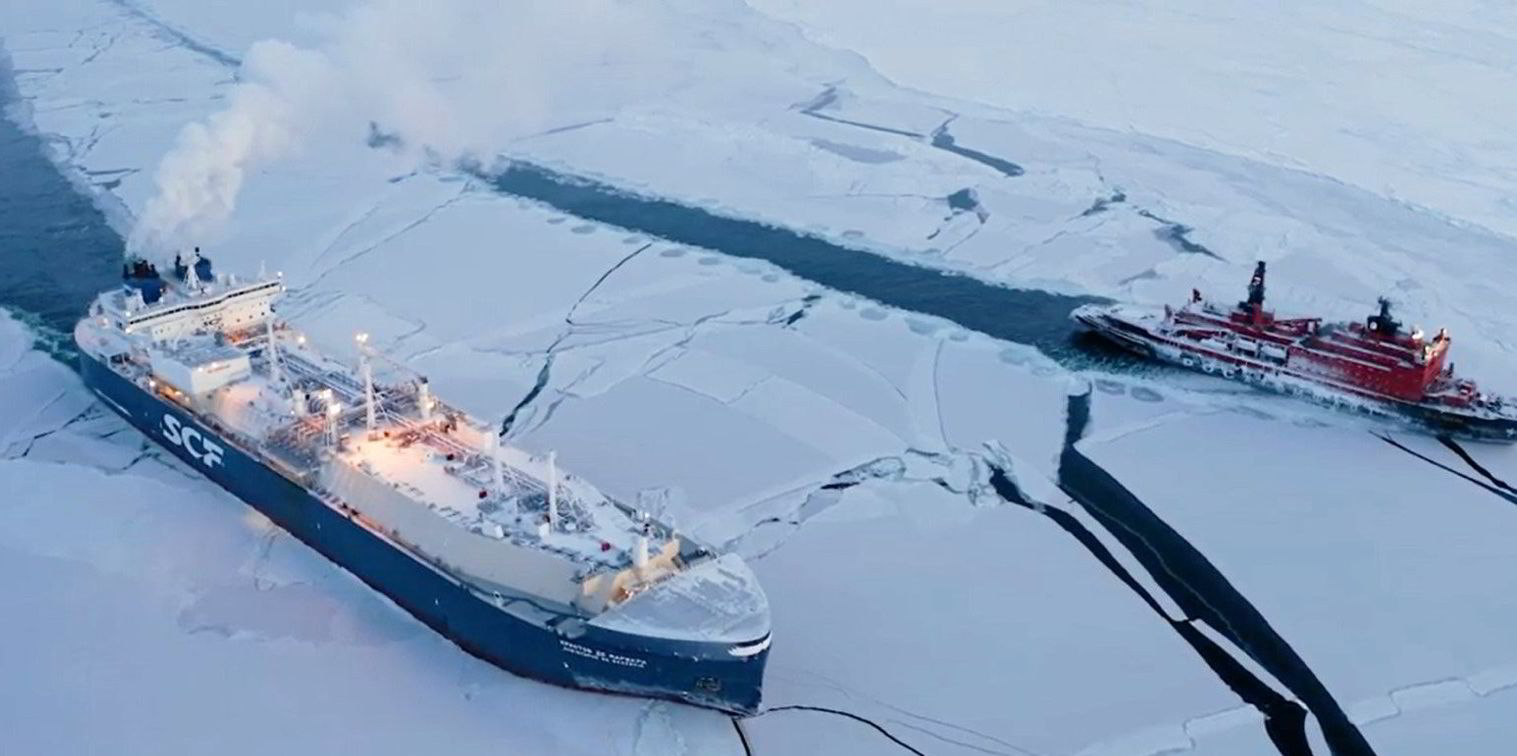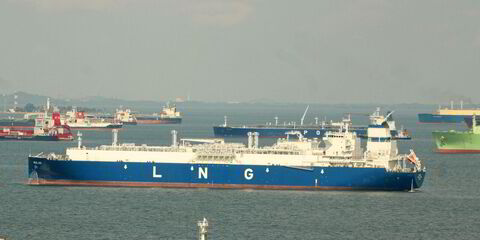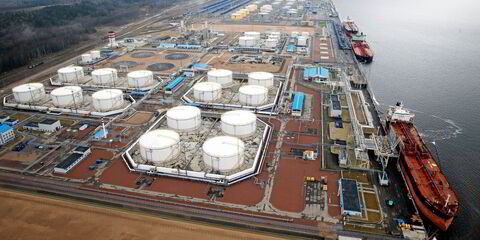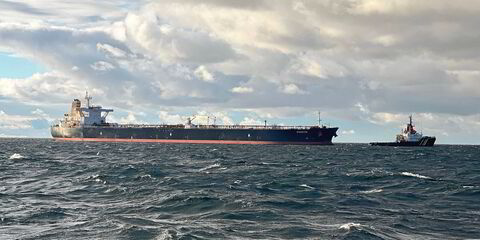The rising price of Russian crude has sparked an exodus of Western tankers from the trade — and may start affecting India’s thirst for oil, a senior Italian shipping player says.
As Russian Urals crude this month broke through the $60-per-barrel price cap imposed by Western countries, Indian imports suddenly look uneconomical compared with alternatives, according to Paolo d’Amico, chief executive of D’Amico International Shipping.
The reason, according to d’Amico, is that as Western fleets withdraw from the trade for fear of violating US, European Union and UK sanctions, only expensive-to-charter “dark fleet” ships can touch it.
“If you trade over $60, you have to turn to the dark fleet, which paradoxically is more expensive than the rest of the fleet as they trade sanctioned cargo,” d’Amico told TradeWinds on Thursday after his company reported second-quarter results.
Higher freight rates, combined with higher oil prices, make it more expensive to source Russian oil rather than Middle Eastern oil, he argued.
“It is not worth it for the Indians to buy Russian oil any more,” he said.
The Italian executive, whose company is transporting only refined products and is not involved in Russian trades at all, acknowledged his statements reflect current market talk that can change quickly.
“This can finish by tomorrow morning,” he told TradeWinds.
At the same time, though, the talk reflects a realisation that the price cap may be a more sophisticated tool than it usually gets credit for.
“I must say it is quite an efficient system,” d’Amico told analysts covering his company in a conference call.
Northern Sea Route
As TradeWinds has already reported, the Urals price rise has led to a “flood” of aframaxes and suezmaxes that previously lifted Russian crude becoming open to other cargoes in the Atlantic Basin.
G7 and EU shipowners, insurers and financiers breach sanctions if they continue trading in Russian oil that was sold above the price cap.
D’Amico’s statements also put another recent phenomenon in a new light — that of Russian tankers starting to haul oil to China via the rarely used Northern Sea Route (NSR).
On that reading, the NSR could be a way to lower transport costs for Chinese clients and make sure Russia does not lose market share there to Middle Eastern rivals.





